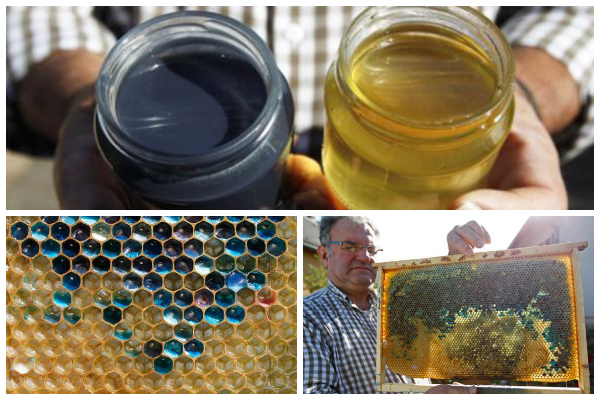maddydog
Drone Bee
- Joined
- Mar 24, 2013
- Messages
- 1,257
- Reaction score
- 159
- Location
- north staffordshire
- Hive Type
- 14x12
- Number of Hives
- 150+ nucs and hives
Nope, sorry, don't buy that. You are saying that bees have genetic knowledge of what sugar sources are good and what are bad.
Why then do bees go for any sugar source, such as, for example the French waste processing plant that recycled waste from M&M sweets?
?
If a colony possesses a genetic trait for M&M sweets and this source of sugar is deleterious to their health then they'll die out. If all bees collect poisonous sugar at any given location then they'll all die out. Given that all bees collect Ivy nectar (given the chance) and thrive, this would suggest Ivy does no harm.




















































